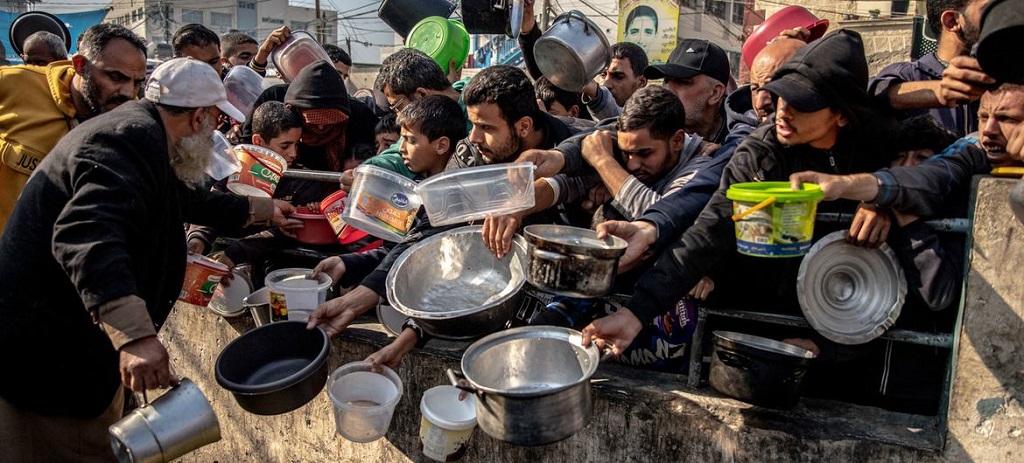The UN will not turn its back on the population of the enclave, assured in recent declarations the spokesman for the Secretary General (António Guterres), Stéphane Dujarric, in dismissing alleged leaks announcing a pause in the humanitarian work.
However, the spokesman insisted on the need for an effective coordination and conflict elimination system for operations throughout Gaza.
Among other actions, Dujarric stressed the need for more permits for essential security equipment commensurate with the risks of working in a war zone as well as the Israeli military’s commitment to facilitate humanitarian assistance and protect humanitarian personnel and facilities.
Denouncing ‘increasingly intolerable risks’, the UN confirmed several contacts with Cogat, the Israeli agency in charge of coordinating the passage of convoys inside the Strip, to reiterate the challenges faced by its workers and the lack of effectiveness in deliveries.
Humanitarians and their operations have repeatedly been in the crosshairs in Gaza, Dujarric said as he recalled the high death toll among the agency’s members since the outbreak of the current round of hostilities.
‘Every day we assess the situation and look at how we can operate safely, both for our own staff, but really, most importantly, for those who are receiving aid,’ he added.
The UN acknowledged the dedication of its workers on the ground amid a conflict that has racked up record numbers of human casualties, direct attacks on facilities and even a smear campaign against Unrwa, its Palestinian Refugee Agency.
At least 180 Unrwa buildings have been damaged or destroyed since October 7 and nearly 200 workers have been killed as part of the Israeli offensive.
In addition, 500 Gazans were casualties in these attacks while seeking protection under the UN flag at its facilities in Gaza.
ef/abo/mem/ebr










